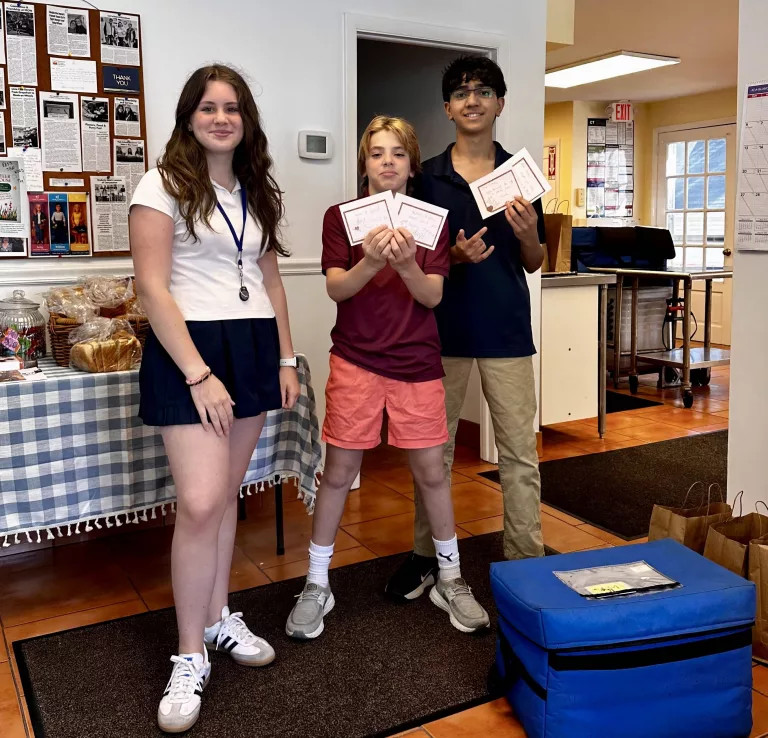
“Protesting is never a disturbance of peace. Corruption, injustice, war and intimidation are disturbances of peace.” Bryant McGill
Deep in the pandemic last summer, I was moved by the bold, courageous efforts of the Greenwich Public Library, taking a stand against racism and facilitating its vast resources to educate our community. They hosted virtual events, and curated book lists for every age group to inform and encourage dialog and actions for a reimagined future of true equality.
Many in Greenwich joined a virtual conversation with Ijeoma Oluo, the author of So You Want to Talk About Race, an effectively blunt and honest review of how to have constructive dialog with each other about our own racial prejudices and biases. They want to understand.
Four books were in such high demand that the library provided unlimited digital copies: How to Be an Anti-Racist by Ibram X. Kendi, Between the World and Me by Ta-Nehisi Coates, White Fragility by Robin DiAngelo, and The Fire Next Time, by James Baldwin.
The Greenwich Reads Together community-wide book club emerged with 20 local organizations and thousands of residents reading and watching the movie Just Mercy by Bryan Stevenson, a powerful true story of mercy and the broken system of justice. He asserts that “Truth and justice are sequential. If you don’t know the truth about what you’re dealing with, your judgment about the kind of work that has to be done is going to be altered. We have skipped over the truth-telling.”
They also read and experienced a virtual discussion about Mountains Beyond Mountains with the Pulitzer Prize-winning author Tracy Kidder, who tells the story of Dr. Paul Farmer who has dedicated his life to bringing world-class healthcare to the rural poor of Haiti and across the globe. I met Dr. Farmer while I was a Peace Corps Volunteer in Haiti in 2003. On the question of health equity, he has said, “we are socialized for scarcity on behalf of other people. Scarcity for ourselves? No. For our mom? No. For our own kids? No. But, other people are usually Black or Brown or poor. So, then we start cutting corners.”
Another popular book was Caste: The Origins of our Discontent, a deep examination of caste systems across civilizations and the rigid hierarchy in America today, written by Pulitzer Prize-winning journalist Isabel Wilkerson. It has been 40 weeks a New York Times bestseller and was the feature of an Oprah’s Book Club podcast series that won a Webby Award this month. Oprah says Caste is one of the most profound books she’s ever read.
This learning has led to real actions in our personal and civic lives. Parents are filling their kids’ bookshelves with more representative illustrations and stories written by Black authors to help foster respect and empathy for others. Students and teachers are insisting that their Boards of Education adopt a more adequate multicultural curriculum that addresses racism.
Protests and marches across the country are uniting communities, in the largest numbers in our history – for Black lives, $15 minimum wage, Climate Justice, LGBTQ and Reproductive Rights; and against Police Brutality and Asian hate.
For me and my family, marching in solidarity is a regular part of our lives. White supremacy is a structure that relies on our complicity, so we have to constantly challenge it. Not everyone will take to the streets, but everyone can read, learn, and support efforts to dismantle systemic racism. Applaud the courage it takes to act when powerful people call for denial and silence.
Lorelei O’Hagan Cos Cob resident





